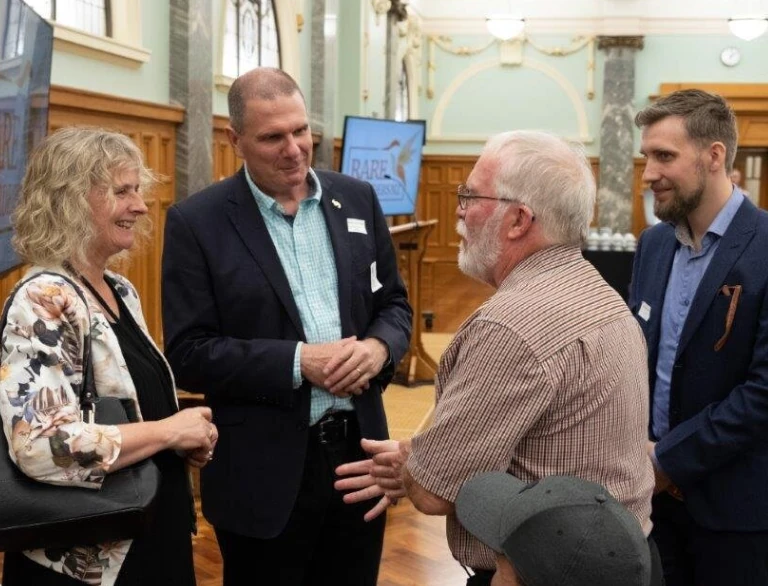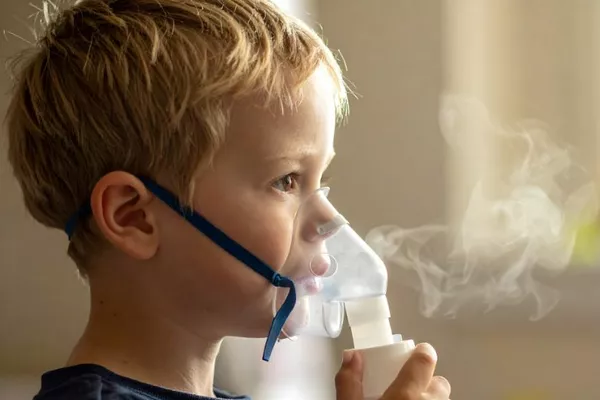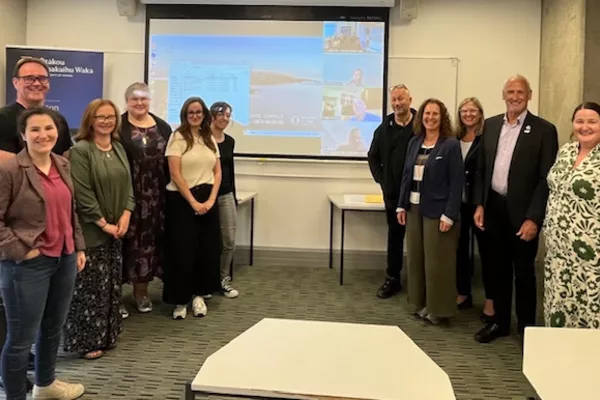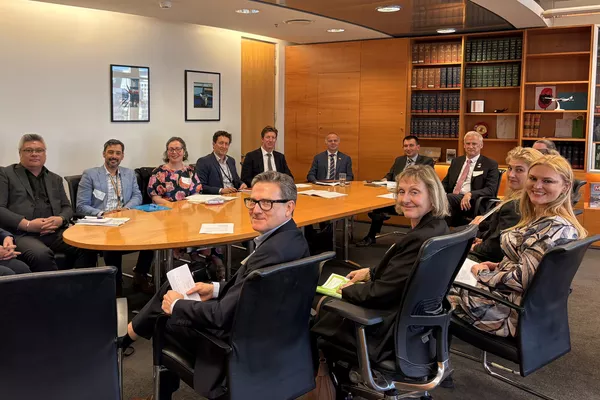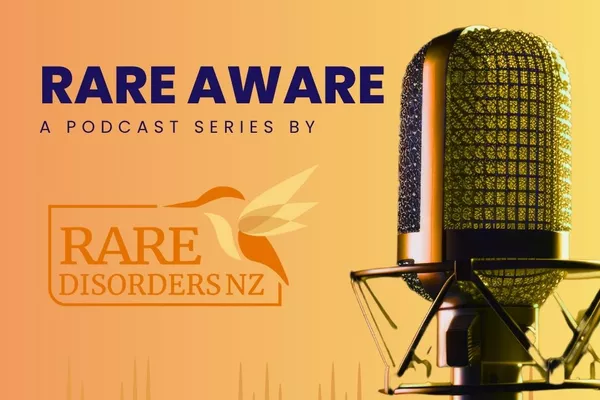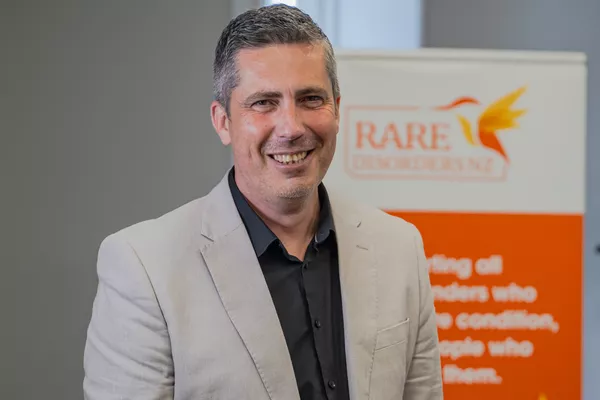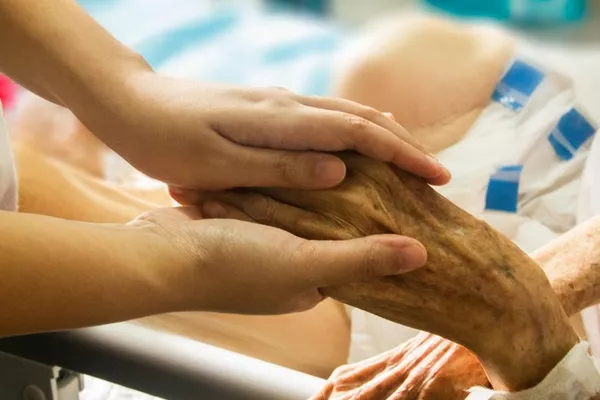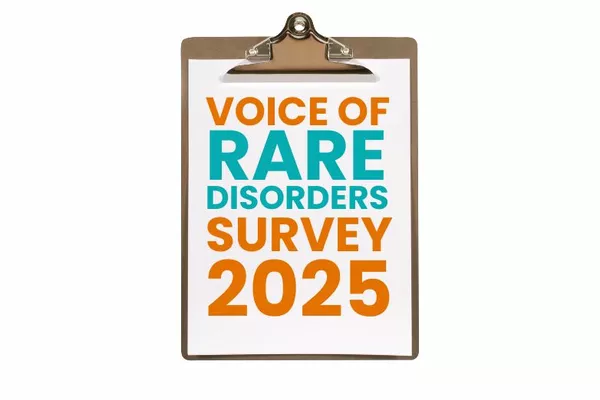Invisible inequity: health care insights from people living with rare disorders
Research led by Prof Karen McBride-Henry RN PhD, Victoria University Wellington, in collaboration with Rare Disorders NZ
Invisible inequity: health care insights from people living with rare disorders
Rare disorders are classified as low-prevalence health conditions (1); however, collectively, 6% of the world’s population have diagnosed rare disorders, reflecting the prevalence of rare disorders in Aotearoa (2). Amongst this population, approximately 50% are children (2). Diagnosing rare disorders is challenging, and the actual prevalence may be considerably higher (1). Similarities across rare disorders include involvement of multiple medical specialities, body sites, condition chronicity, limited treatment options, and certain psychosocial risk factors. The burden of having a rare disorder is high, resulting in concomitant disability and additional health service needs (3, 4).
Despite similarities, research into the collective healthcare access experiences of people with rare disorders is limited by small sample sizes and a focus on specific conditions or clinics (5). What is recognised is that people with rare disorders struggle to access healthcare, with varying success in accessing knowledgeable healthcare practitioners (3, 6, 7, 8) and gaps in healthcare, disability, and social support integration (5, 9). A lack of knowledge about specific conditions means healthcare needs go unmet, causing additional suffering (3, 6, 7). Furthermore, given the rare nature of disorders, people are required to become experts in their condition, but advocating for their needs involves a delicate balance, given the dismissive nature of some healthcare practitioners (6, 7).
Given the challenges for people with rare disorders advocating for themselves, advocacy organisations hold a unique and vital role in educating policymakers and practitioners (5, 7). Therefore, in partnership with RDNZ, funding is sought to engage in research activation activities to establish evidence to support research into healthcare and support services access for people with rare disorders. Three activities will directly respond to the pressing need to inform the implementation of a government strategy to support people with rare disorders.
- A scoping review of current knowledge around healthcare access and delivery experiences in the rare disorders space
- Understanding what inclusive methods of data collection there are for research in the rare disorders space
- Developing a rare disorders research network.
References:
1. Abozaid GM, Kerr K, McKnight A, Al-Omar HA. Criteria to define rare diseases and orphan drugs: a systematic review protocol. BMJ Open. 2022;12(7).
2. HealthinNZ. Impact of living with a rare disorder in Aotearoa New Zealand: Importance of improving outcomes for people living with rare disorders, their family and whānau. Wellington, New Zealand: HealthinNZ; 2022.
3. Garrino L, Picco E, Finiguerra I, Rossi D, Simone P, Roccatello D. Living with and treating rare diseases: Experiences of patients and professional health care providers. Qualitative Health Research. 2015;25(5):636-51.
4. United Nations. United Nations Resolution: Addressing the challenges of persons living with a rare disease and their families. 2021. https://digitallibrary.un.org/record/3953765?ln=en
5. Bogart K, Hemmesch A, Barnes E, Blissenbach T, Beisang A, Engel P, et al. Healthcare access, satisfaction, and health-related quality of life among children and adults with rare diseases. Orphanet Journal of Rare Diseases. 2022;17(1):196.
6. Gimenez-Lozano C, Páramo-Rodríguez L, Cavero-Carbonell C, Corpas-Burgos F, López-Maside A, Guardiola-Vilarroig S, et al. Rare diseases: Needs and impact for patients and families: A cross-sectional study in the Valencian Region, Spain. International Journal of Environmental Research and Public Health. 2022;19(16).
7. Jaeger G, Röjvik A, Berglund B. Participation in society for people with a rare diagnosis. Disability and Health Journal. 2015;8(1):44-50.
8. Kesselheim AS, McGraw S, Thompson L, O'Keefe K, Gagne JJ. Development and use of new therapeutics for rare diseases: views from patients, caregivers, and advocates. The Patient. 2015;8(1):75-84.
9. Currie G, Szabo J. 'It would be much easier if we were just quiet and disappeared': Parents silenced in the experience of caring for children with rare diseases. Health Expectations. 2019;22(6):1251-9.



